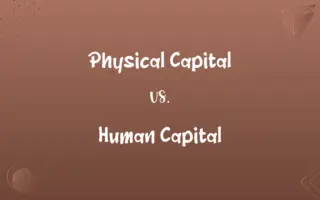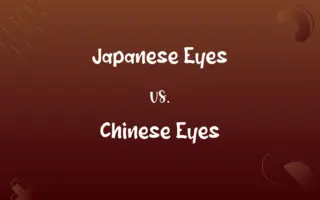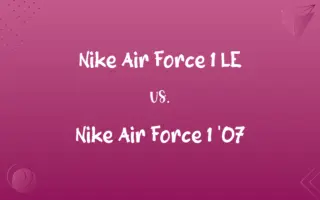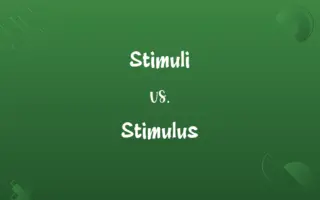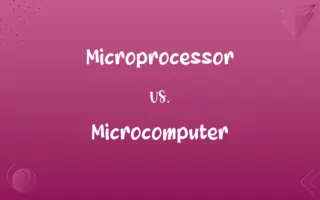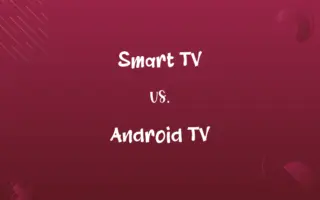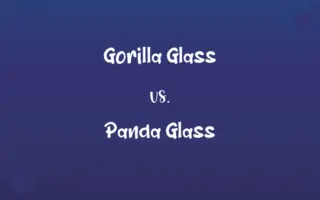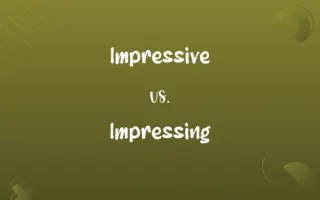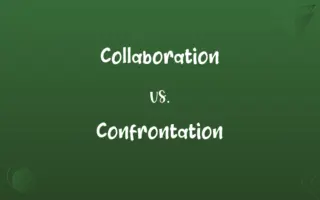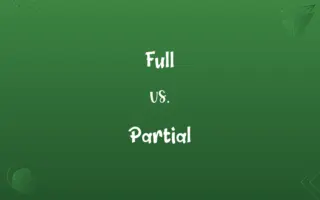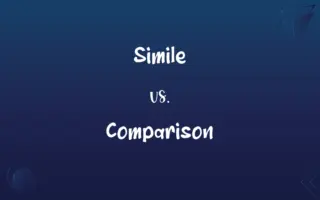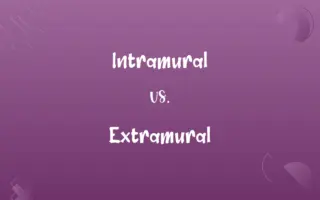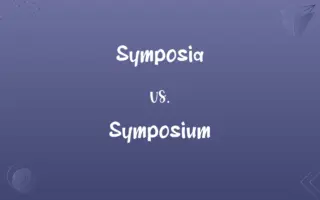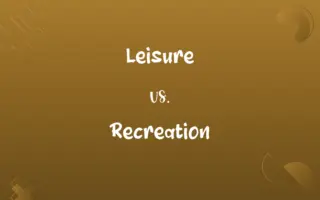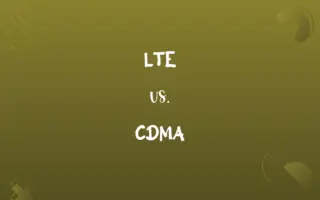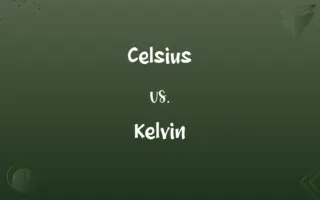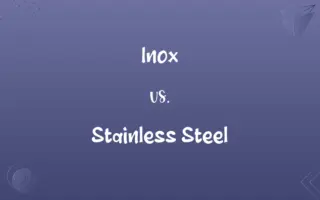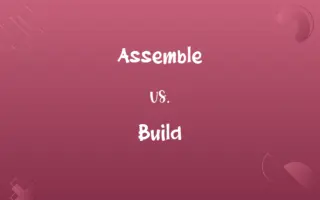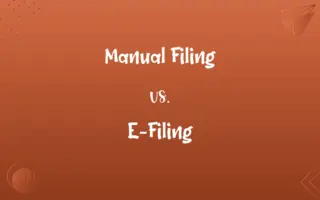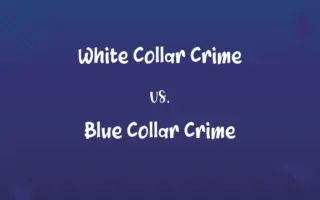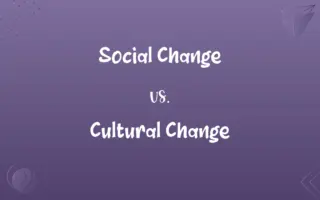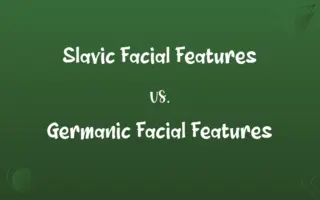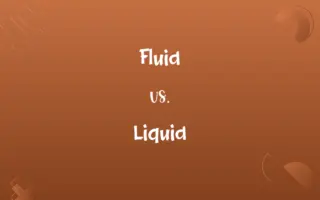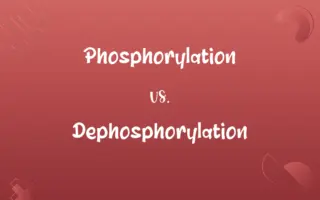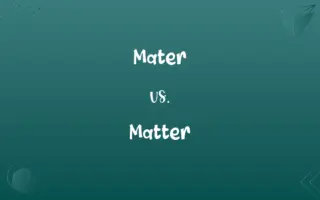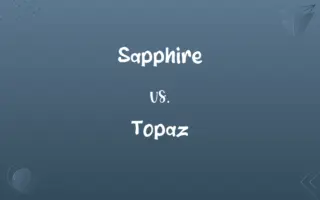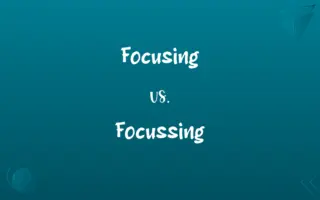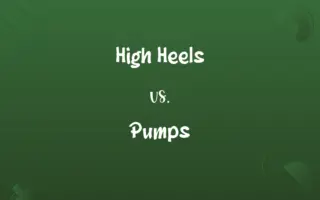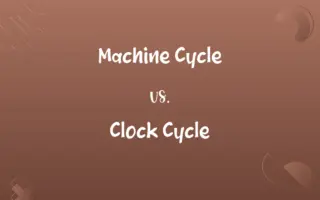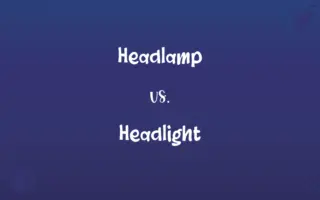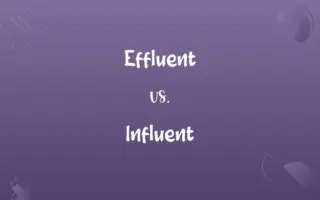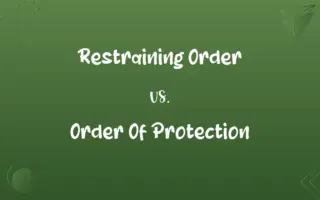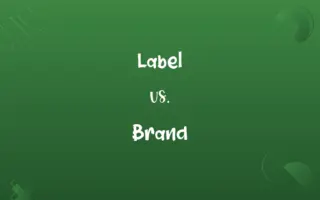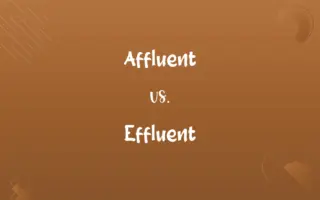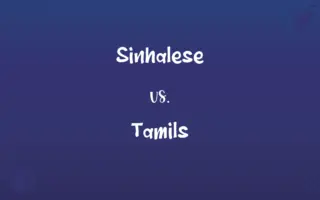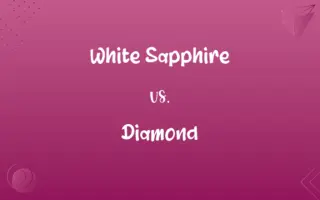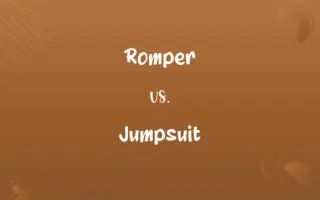Could Have vs. Would Have: Know the Difference

By Shumaila Saeed || Published on January 31, 2024
Could Have implies a possibility or ability in the past, whereas Would Have suggests a conditional action or outcome that didn't happen.
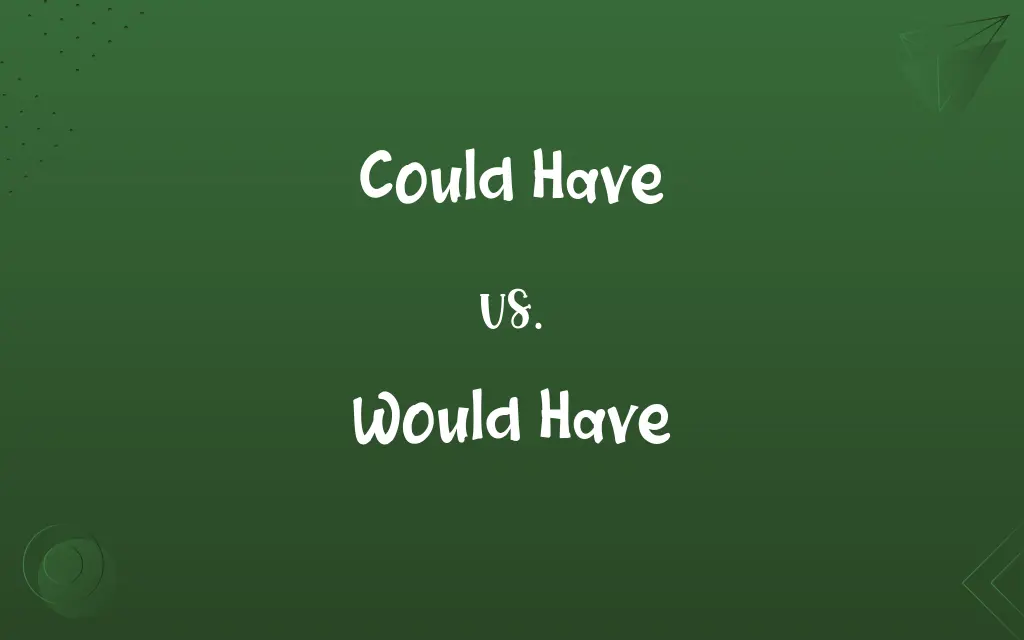
Key Differences
Could Have is used to express a possibility or potential in the past, often reflecting on an opportunity or ability that was not realized. Would Have is typically used in hypothetical or conditional statements, indicating what could have occurred under different circumstances.
Shumaila Saeed
Jan 31, 2024
In terms of regret or missed opportunities, Could Have often conveys a sense of something that was possible but not achieved. Would Have generally reflects a more definite intention or expected outcome that was not fulfilled due to specific conditions not being met.
Shumaila Saeed
Jan 31, 2024
Could Have can imply a past ability or option, suggesting various alternatives were available. Would Have leans more towards expressing a predetermined plan or intention that was contingent on certain conditions.
Shumaila Saeed
Jan 31, 2024
When expressing speculation about the past, Could Have is more open-ended, implying several potential outcomes. In contrast, Would Have is used to speculate about a particular outcome that was likely if conditions had been different.
Shumaila Saeed
Jan 31, 2024
In terms of linguistic nuances, Could Have is more about past capacities or theoretical possibilities. Would Have is more definitive, often used in the context of unfulfilled plans or intentions.
Shumaila Saeed
Jan 31, 2024
ADVERTISEMENT
Comparison Chart
Context of Use
Reflecting on past opportunities or abilities
Hypothetical or conditional scenarios
Shumaila Saeed
Jan 31, 2024
Implication
Potential that was not realized
Definite intention or plan not actualized
Shumaila Saeed
Jan 31, 2024
Type of Speculation
Open-ended, various alternatives
Specific outcome contingent on conditions
Shumaila Saeed
Jan 31, 2024
Linguistic Nuance
About past capacities or theoretical possibilities
More definitive, about unfulfilled plans or intentions
Shumaila Saeed
Jan 31, 2024
ADVERTISEMENT
Could Have and Would Have Definitions
Would Have
Unrealized Plan
She would have traveled the world, but she got a job.
Shumaila Saeed
Jan 05, 2024
Could Have
Missed Opportunity
She could have won the race if she trained harder.
Shumaila Saeed
Jan 05, 2024
Would Have
Hypothetical Scenario
We would have won the game if he had played.
Shumaila Saeed
Jan 05, 2024
Could Have
Past Possibility
I could have gone to the concert, but I was busy.
Shumaila Saeed
Jan 05, 2024
ADVERTISEMENT
Could Have
Speculative Action
They could have misunderstood your instructions.
Shumaila Saeed
Jan 05, 2024
Would Have
Speculative Intention
They would have objected if they disagreed.
Shumaila Saeed
Jan 05, 2024
Could Have
Theoretical Ability
He could have solved the problem with more time.
Shumaila Saeed
Jan 05, 2024
Repeatedly Asked Queries
Can "could have" and "would have" be used interchangeably?
No, they have different meanings and contexts.
Shumaila Saeed
Jan 31, 2024
How does "would have" express speculation?
It speculates about likely outcomes if conditions were different.
Shumaila Saeed
Jan 31, 2024
Can "could have" be used for past decisions?
Yes, to indicate alternative choices that were possible.
Shumaila Saeed
Jan 31, 2024
Is "would have" used in hypothetical situations?
Yes, particularly in if-then conditional statements.
Shumaila Saeed
Jan 31, 2024
Does "could have" refer to past abilities?
Yes, it can indicate abilities or options available in the past.
Shumaila Saeed
Jan 31, 2024
Does "could have" imply certainty?
No, it's more about theoretical or potential scenarios.
Shumaila Saeed
Jan 31, 2024
What does "would have" indicate in a sentence?
It suggests what might have happened under different conditions.
Shumaila Saeed
Jan 31, 2024
Can "would have" express regret?
Yes, it can express regret for unfulfilled plans or intentions.
Shumaila Saeed
Jan 31, 2024
What does "could have" imply?
It suggests a possibility or ability in the past.
Shumaila Saeed
Jan 31, 2024
Is "could have" about missed opportunities?
Yes, it often reflects on what was possible but not achieved.
Shumaila Saeed
Jan 31, 2024
Can "would have" suggest an unfulfilled wish?
Yes, it often conveys unfulfilled wishes or intentions.
Shumaila Saeed
Jan 31, 2024
Is "could have" only for negative outcomes?
No, it can be used for both positive and negative possibilities.
Shumaila Saeed
Jan 31, 2024
Can "could have" imply a range of outcomes?
Yes, it suggests various potential outcomes.
Shumaila Saeed
Jan 31, 2024
Can "would have" be used for making predictions?
Yes, for speculating about past situations.
Shumaila Saeed
Jan 31, 2024
How does "would have" relate to past intentions?
It indicates what someone intended to do but didn't.
Shumaila Saeed
Jan 31, 2024
Is "could have" formal or informal?
It's used in both formal and informal contexts.
Shumaila Saeed
Jan 31, 2024
Is "could have" used in positive contexts?
It can be, to reflect on positive possibilities that were available.
Shumaila Saeed
Jan 31, 2024
How do "could have" and "would have" differ in tone?
"Could have" is more speculative, while "would have" is more definitive.
Shumaila Saeed
Jan 31, 2024
Does "would have" always need a conditional clause?
Typically, it's used with a conditional for context.
Shumaila Saeed
Jan 31, 2024
Share this page
Link for your blog / website
HTML
Link to share via messenger
About Author
Written by
Shumaila SaeedShumaila Saeed, an expert content creator with 6 years of experience, specializes in distilling complex topics into easily digestible comparisons, shining a light on the nuances that both inform and educate readers with clarity and accuracy.

